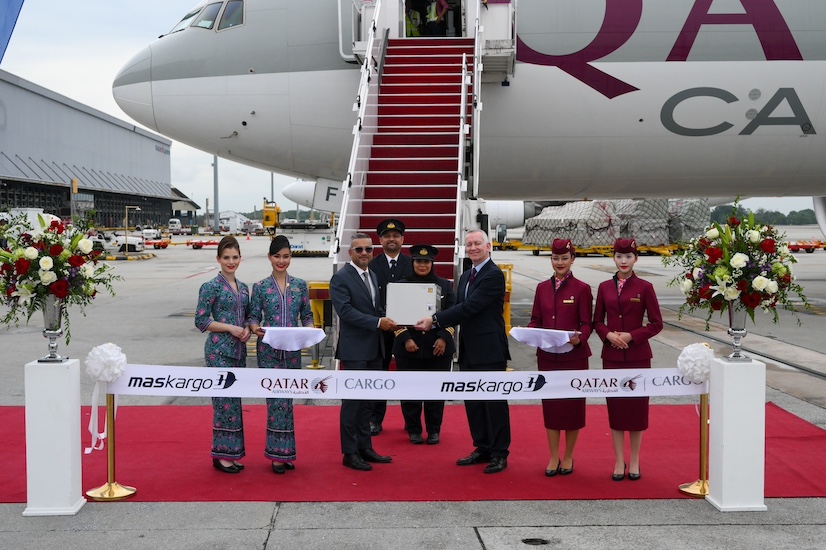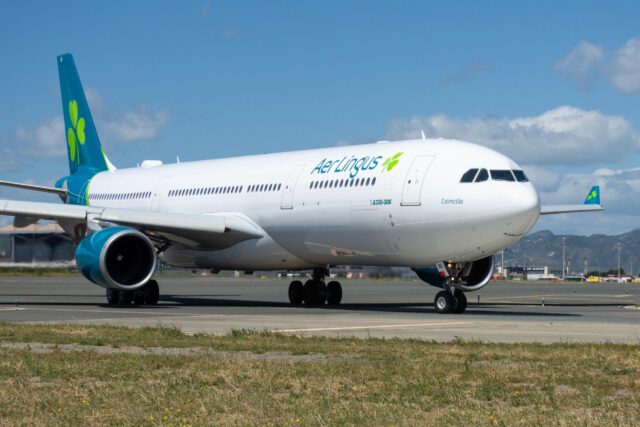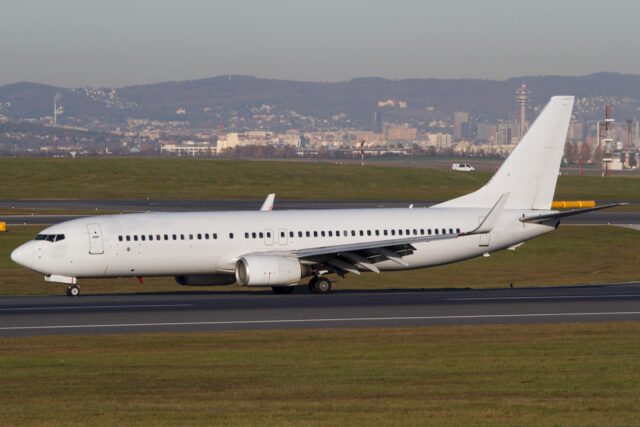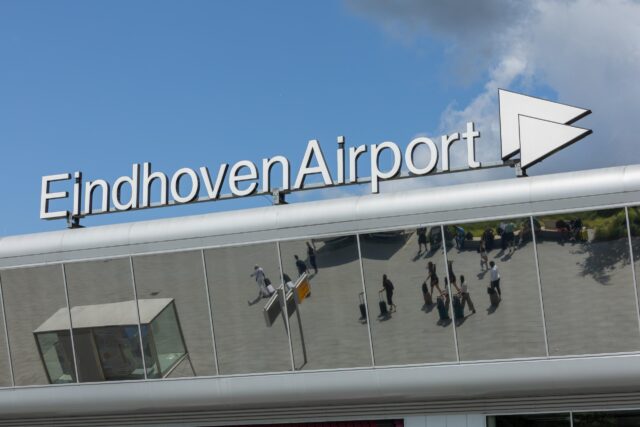Sign up for our newsletter and get our latest content in your inbox.
Subscribe
Qatar Airways Cargo has launched a strategic partnership with MASkargo, the cargo arm of Malaysia Aviation Group, aimed at enhancing global cargo networks.
Since beginning on October 1, 2024, the collaboration has transported 2,400 tonnes of cargo, including perishables and pharmaceuticals.
Qatar Airways’ Boeing 777s now operate twice-weekly flights from Doha to Kuala Lumpur, adding 200 tonnes of weekly capacity. MASkargo’s Airbus A330 freighters link Kuala Lumpur with Sydney and Melbourne, offering 75 tonnes of capacity and swift eight-hour connections.
The partnership expands MASkargo’s reach to Europe, Africa, and the GCC while bolstering Qatar Airways’ access to Australasia and Asia. This agreement also supports Malaysia’s export market, enabling access to more global destinations.
Chief Officer Cargo at Qatar Airways Cargo, Mark Drusch, said: “As the world’s leading global air cargo carrier, this partnership with MASkargo is a testament to our commitment to providing exceptional service and tailored solutions while expanding our global network through strategic alliances.
“By combining our strengths, we are able to offer our customers enhanced connectivity and efficiency, ensuring their products reach global markets in optimal condition. We are excited about the opportunities this collaboration brings and remain committed to setting the standard for excellence in the air cargo industry.”
MASkargo Chief Executive Officer, Mark Jason Thomas, added: “Today marks an exciting step forward for MASkargo as we join forces with Qatar Airways Cargo to create a truly interconnected global cargo network. This partnership represents a significant advancement in MASkargo’s mission to connect our customers to the world with increased speed and efficiency.
“With this partnership, MASkargo is now better positioned than ever to serve as a bridge between South East Asia and key international destinations. This alliance with Qatar Airways Cargo strengthens our infrastructure and capacity, empowering us to support the regional economy and facilitate the movement of high-demand goods to a larger global market, furthermore, setting new standards in cargo transportation”.

















